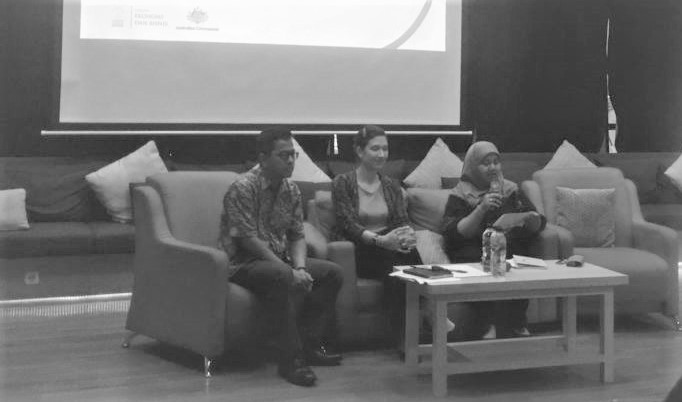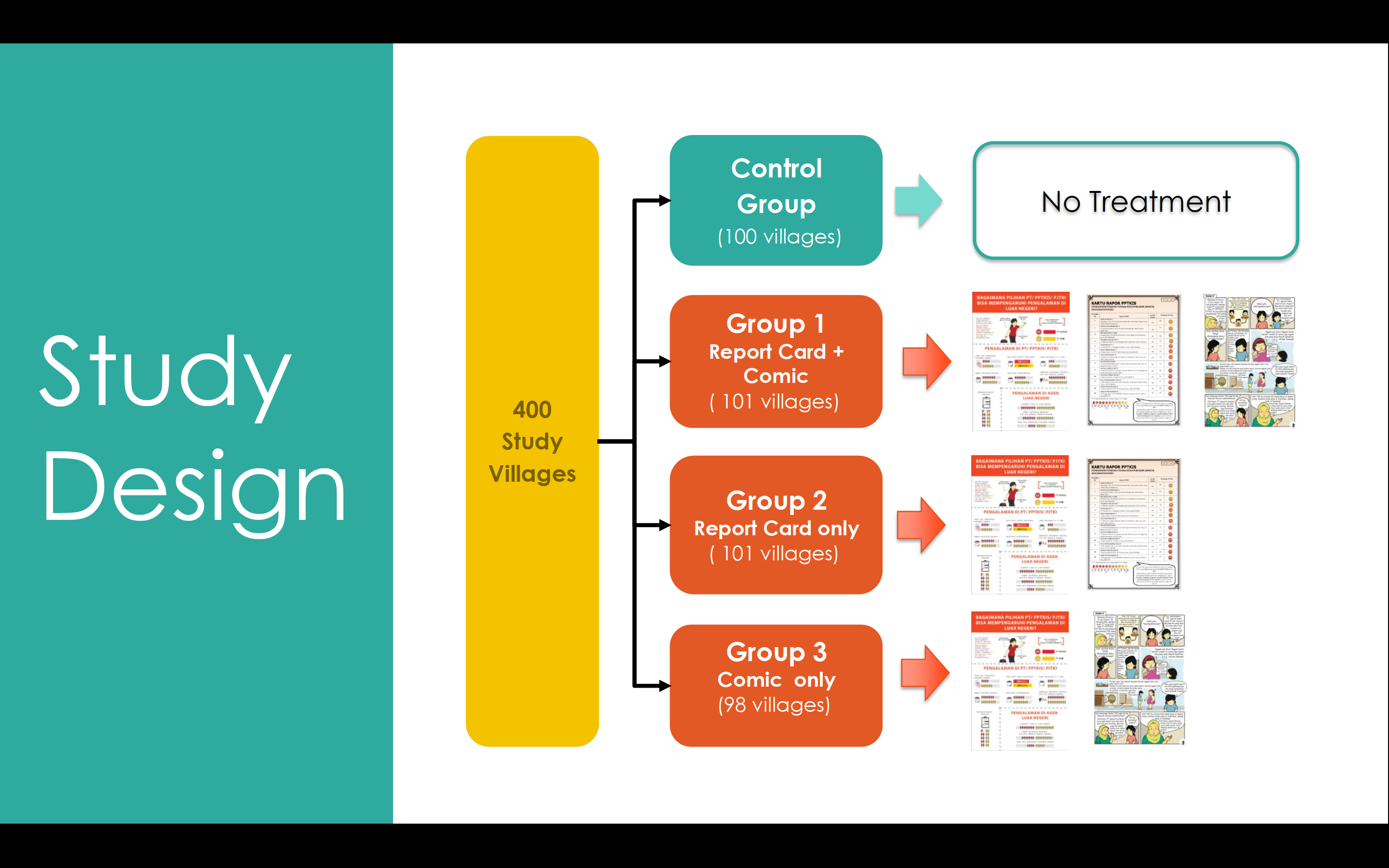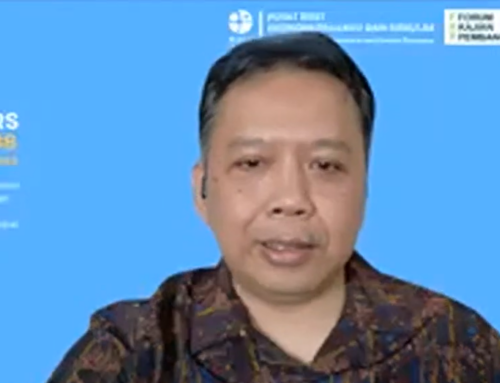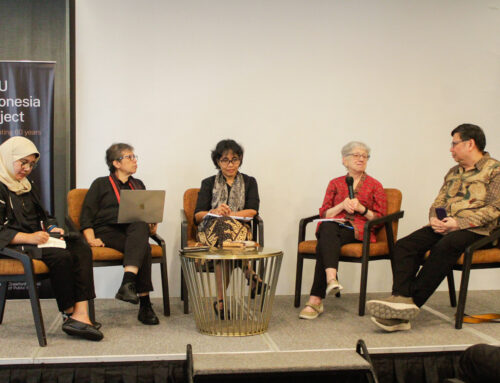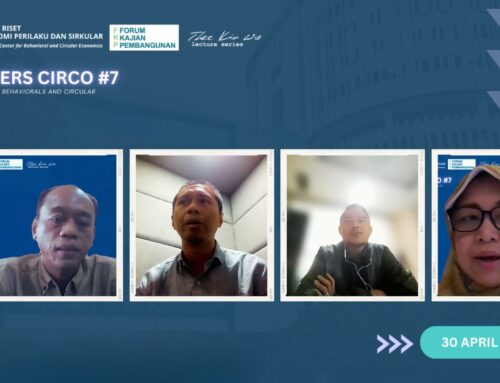Many migrant workers from Indonesia rely on recruiters and placement agencies (PPTKIS or PT) to facilitate their employment abroad and PT quality matters for migration outcomes. However, PT quality is often highly variable and many engage in exploitative practices. On the other hand, migrant workers – particularly women – have a hard time understanding the average outcomes resulting from different PT quality, separating good PTs from bad PTs, and what services the PTs are supposed to provide. This research raised the question of whether information on the quality of PT improves migrant welfare. Firman Witoelar (Indonesia Project, The Australian National University) and Simone Schaner (University of South Carolina) discussed their study on this issue at an FKP seminar on Thursday, 23 January 2020 in Jakarta.
The research team conducted a randomized evaluation to study the impact of providing information about the quality of PTs on the migrants’ welfare. To do this, they assigned 8,117 migrants in 400 villages to either a treatment group or a comparison group. The treatment group was given infographic to describe migration experiences, along with report cards to rank PT and/or information in the comic format to illustrate their rights and give a rationale for PT quality. Meanwhile, the comparison group did not receive any of this information. To measure the impact of the intervention, researchers conducted four rounds of surveys (one round prior to implementation and three rounds after implementation) in all villages.
The data analysis of this research is still ongoing, but there are some initial findings. Firstly, the report cards helped women make more informed migration decisions; it also reduced the migration rate and to migrate through safer legal pathways. Secondly, the report card and comic increased the pre-departure experience score and modestly improved the non-monetary experience. Initial findings show that there are no statistically significant impacts on post-migration outcomes; however the analysis is still a work in progress. Although the results are still preliminary, this research found the importance of information and choice in migration, and that a government-led system could enhance or stifle them.
For the complete presentation and Q&A session, please refer to the video. Slides are not yet available to the public.
